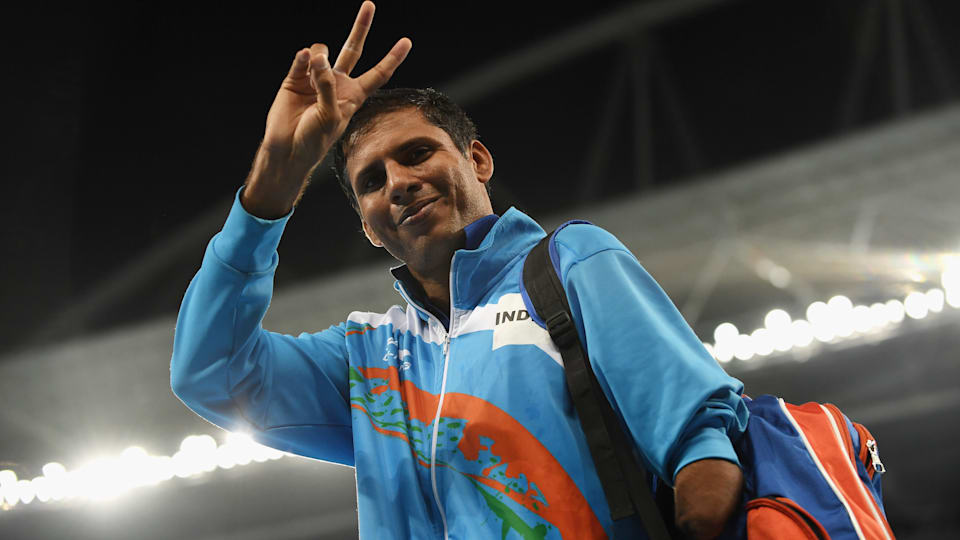Who is Devendra Jhajharia: Five things to know about India's double Paralympic gold medallist
The javelin thrower will be making his third appearance at the Paralympics in Tokyo.

Double Paralympic gold medallist Devendra Jhajharia will be vying to add another medal to his tally at the Tokyo 2020 Paralympics, which will get underway on August 24.
The F46 category javelin thrower is a huge medal hope for India who will be represented by a 54-member squad across nine disciplines.
The men's javelin throw F46 final, the category in which Jhajharia has proved his prowess by winning two Paralympic gold medals, is scheduled for August 30.
Let us know more about the 40-year-old star:
The incident that changed his life
Jhajharia was not born with a disability. He was, in fact, an enthusiastic kid always up to mischief at his village in Churu, Rajasthan. But his life changed significantly, at the age of eight, while he was climbing a tree and accidentally touched a 11000-volt live cable which was entwined in a branch.
"When villagers helped me off the tree, at first, they thought I was dead," Devendra told ESPN.
Doctors were forced to amputate his left arm following the incident and life changed for Jhajharia.
Taking up javelin throw and recognition
It did not take time for Jhajharia to understand that life will not be the same after the mishap. After returning home from the hospital, he could not socialise with his friends or play with them how he used to before the accident. But the situation didn't affect his morale. In fact, it made him stronger.
"Since the other kids didn't want to play with me considering me a liability, I decided to play a sport and be better at it than them," he told ESPN.
Jhajharia, then, took up javelin throw in school and would beat other competitors. It was, later, at a para-athletics competition in 1997 that coach Ripudaman Singh spotted his talent and asked him to take the sport seriously.
Specially designed dumb-bell training
Jhajharia undergoes special dumb-bell training to strengthen his arms. Dr. Satpal Singh, a Dronacharya awardee, has designed his training in a way that it's not lopsided strengthening which would have made his functional right arm too strong while the amputated arm remained weak.
"The basic weight training, especially free weights, helps strengthen the arms. Though it's usually done using both arms, in this case we don't have a choice," Dr Satyapal Singh, who has worked closely with Devendra, told ESPN.
"We often use dumb-bells: Tying a dumb-bell with a bandage to the amputated arm while working out with the functional right arm," he added.
A long wait following Athens 2004 success
Jhajharia, who had started doing well in international events in the early 2000s, qualified for the Athens 2004 Paralympics at the age of 23. He would go on to win the gold medal in the F46 javelin throw with a world record throw of 62.15m, eclipsing the old one of 59.77m.
However, his wait to make a mark at the Paralympics again was a long one. His event category - F46, for athletes with unilateral limb impairment that affects the shoulder and/or elbow joint of one arm - was not part of the Beijing 2008 and London 2012 Paralympic programmes.
He had to wait 12 years for Rio 2016 Paralympics to try for another Paralympic gold.
First Indian to win two gold medals at Paralympics
And win another Paralympic gold is exactly what he did at Rio 2016. In fact, he bettered his own world record set in 2004 with a throw of 63.97m.
It also made him the first and only Indian to clinch two gold medals at the Paralympics and etch his name among the most decorated paralympians in the country.
The other two gold medals at the Paralympics for India were won by Murlikant Petkar (Heidelberg 1972) in Men's 50m Freestyle 3 swimming event and Mariyappan Thangavelu (Rio 2016) in Men's High Jump F42 event.
